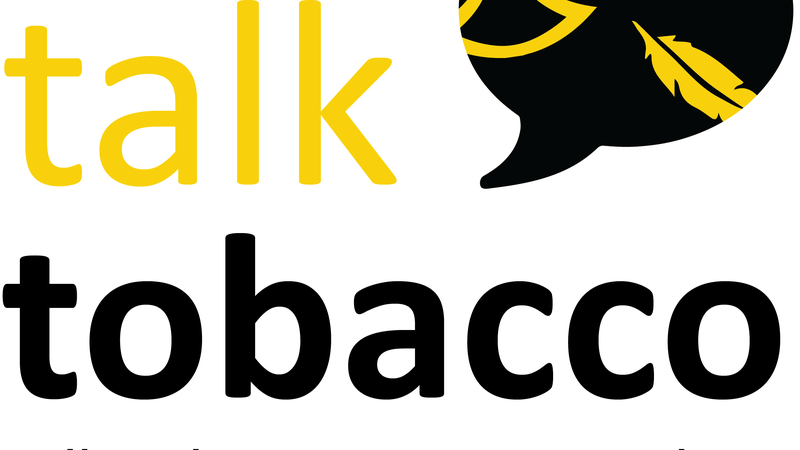
‘The alternatives are much worse’: Sask. doctors plead for COVID measures in letter to government
Over 20 doctors in Saskatchewan are once again pleading with the government to re-introduce restrictions to help curb cases of COVID-19.
“The Medical Health Officers of Saskatchewan (MHOs) would like to express our continued and growing concern about the current state of COVID-19 in our province and the lack of effectiveness of the current public health measures to bring about the rapid reduction in cases needed to take the unprecedented pressure off our health system,” stated a letter sent to Health Minister Paul Merriman late last week.
The letter was signed by 21 Medical Health Officers including Dr. Khami Chokani from Prince Albert, Dr. Mohammad Khan from Melfort, Dr. Nnamdi Ndubuka from NITHA and Dr. Isaac Sobel and Moliehi Khaketla from the Northern Population Health Unit in La Ronge.
The letter is a follow-up from a previous document the MHOs sent on Aug. 26, 2021. In that letter, the doctors said health measures were necessary to avoid a surge in COVID-19 cases. While some of the measures like vaccination requirements and mandatory masking were introduced, the delay in implementing them resulted in a much larger fourth wave.



